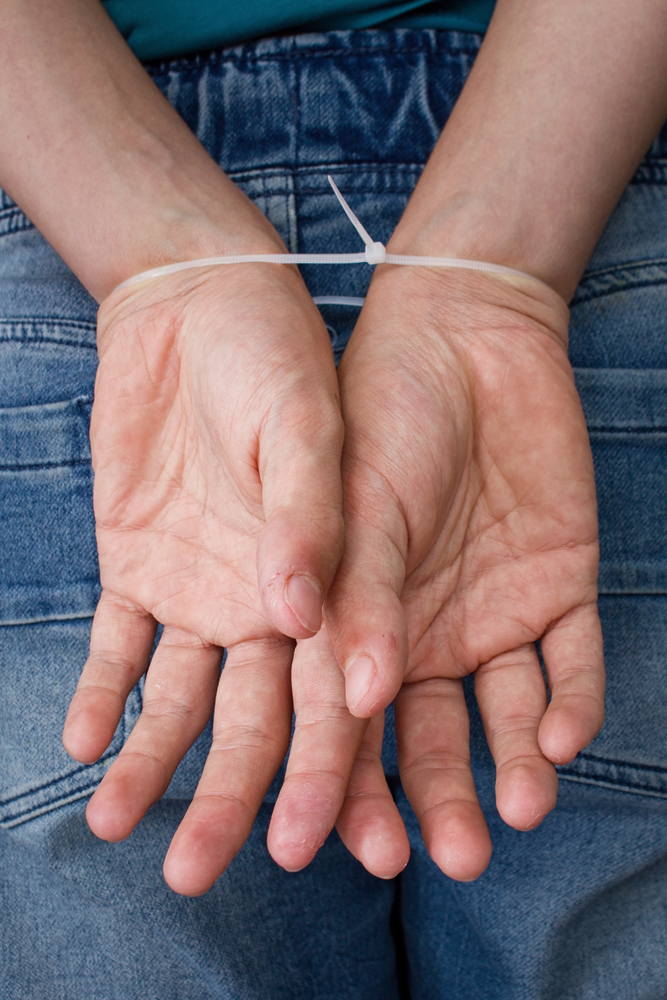Content
It’s also because of theeffect that alcohol has on your body, including your skin. The more you drink, the more dehydrated your skin gets, causing it to appear dry and porous. Alcohol also deprives your skin of necessary What Happens to Your Body When You Stop Drinking Alcohol nutrients which can lead to waxiness and rashes, and make you more susceptible to sun damage. These side effects can have a lasting impact, lead to more wrinkles, and speed up your skin’s aging process.

These dinners can help relieve inflammation and its pesky symptoms like joint stiffness, digestive issues and high blood pressure. Recipes like our BBQ Shrimp with Garlicky Kale & Parmesan-Herb Couscous and Quinoa, Avocado & Chickpea Salad over Mixed Greens are delicious meals that will help you meet your nutritional goals. Did you know alcohol use can actually make you more prone to getting sick by undermining the immune system? That’s because alcohol use disrupts communication in our immune system, the body’s way of safeguarding against viruses and bacteria. Alcohol causes a “steady depletion of the vitamins and minerals that our body needs to feel our best,” explains Brooke Scheller, DCN, CNS, doctor of clinical nutrition. In fact, alcohol use can make you more susceptible to pneumonia, for example, and predispose chronic drinkers to things like infections and even poor wound healing. It is worth mentioning that nutritional status improvement occurs when someone strop drinking, which is one big reason why people may see many of the above improvements with sobriety.
What happens to your body when you stop drinking
The current Dietary Guidelines for Americans recommend that alcohol should be consumed in moderation — up to one drink per day for women and up to two drinks per day for men. To put this into perspective, imagine you drink a bottle of wine every evening. A standard bottle has about 6 glasses, bringing the calorie count to 750 to 900. A pound equates to 3500 calories, and this means that you can gain an extra pound every four or five days.
Medical Reviewers confirm the content is thorough and accurate, reflecting the latest evidence-based research. Content is reviewed before publication and upon substantial updates. Ketamine has been explored as a treatment for depression and other conditions. Now, researchers say it may be helpful for alcohol use disorder. Binge drinking has many effects on your body, both over the short and long term. “ is, protect the heart with low amount of alcohol, but increase the risk of cardiovascular disease with high amount of alcohol,” Dasgupta said. The mission of Northeast Addictions Treatment Center is to provide the best continuum of care for not only adult men and women struggling with addiction, but also their families.
It could lead to better organ function.
Avoid exhibiting negative emotions such as fear, anger or disgust, and if you do feel any of those feelings, keep them private and work to manage them on your own time. Consider confiding in a select few other people in the teen’s life that may be able to provide further support. Non-suicidal self-harm can also become harder to judge or control, as it becomes more familiar and habitual.
Alcohol as a Seizure Trigger – Epilepsy Foundation
Alcohol as a Seizure Trigger.
Posted: Wed, 27 Apr 2022 07:33:43 GMT [source]
In long-term drinkers can be serious, as it can result in seizures and delirious tendencies. If you are not comfortable or able to quit alone, then seek the assistance of a physician or quit in a controlled setting, such as a treatment facility. The study found that a week of alcohol consumption decreased protective molecules in the gut and increased intestinal permeability, both of which are hallmarks of ulcerative colitis. Therefore, people with ulcerative colitis should avoid alcohol. Stop using alcohol, the skin will be healthy, reduce the bumps on the cheeks, the sides of the nose, dandruff, melasma. Light skin color Alcohol causes the body to reduce the production of a hormone that absorbs water, causing dry skin. You Can Lose Your Weight A typical beer will have about 150 calories, and a serving of wine has about 120.
Lower Your Blood Pressure
One year and beyond, you’ve made it so far on your journey towards sobriety. Take some time to reflect on this process and every step you’ve actively made along the way to improve your physical and mental well-being. Sometimes, in active addiction, we do things we aren’t proud of. We may have hurt the ones we love, do things we are ashamed of, and caused harm to ourselves. Although you may have gotten substance abuse treatment and are… If you spend only $50 a week on booze, you can save over $2000 a year, just by quitting.
What happens after 6 months of not drinking?
6 Months – Improved Focus
At this stage, you've continued to reduce your risk of cardiovascular disease and cancer. This is the point where some more intangible benefits start to appear.
Alcohol sales, according to Nielsen data, famously climbed 54 percent in the week ending March 21, 2020. You can also trade the “drinks” dates with your friends for dates to take a walk, go to a workout class, or just grab dinner, because honestly, you don’t need alcohol in every social situation.
Here’s What Happens to Your Body When You Cut Out Alcohol for 30 Days
For women, it takes just 12 or more a week to enter the trouble zone. Just as long-term heavy alcohol use has many health risks, abstaining from alcohol has several potential benefits for your body and health. There is not any single reason that teens engage in self-harm.
- However, it’s normal for some withdrawal effects to continue for the next few weeks or even months.
- But now, thanks to my drink-and-sleep-it-off schedule, I was forced to exercise later in the afternoon.
- But when you stop drinking, you eliminate all those alcohol-related pains.
- Plus, the high levels of salt and sugar content in alcoholic beverages may trigger the hormone IGF-1, which causes an over-production of oil in your skin (hi, pimples!).
- Try skipping alcohol, especially in the late afternoon and evening, for more restful shut-eye.
Since you’re probably not physically addicted to alcohol, going without it for a few days won’t make much difference on a physiological level. Emotionally speaking, however, you might miss the release and relaxation you’re used to getting from wine, beer, or mixed drinks. If a stressful situation arises, you may wish you had your go-to and feel slightly irritated that you can’t indulge. What you might notice is sugar or carb cravings, as your body isn’t getting the empty calories it’s used to getting from booze. “When you stop using alcohol, your sweet tooth still kicks in, so be careful of which foods and beverages you replace it with,” Johnson says. Spring Hill Recovery Center provides residential treatment for addiction and co-occurring mental health issues. However, some conditions may require treatment beyond our capabilities, and we reserve the right to medically discharge a patient for a higher level of mental health care.

